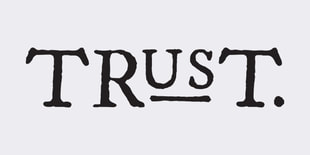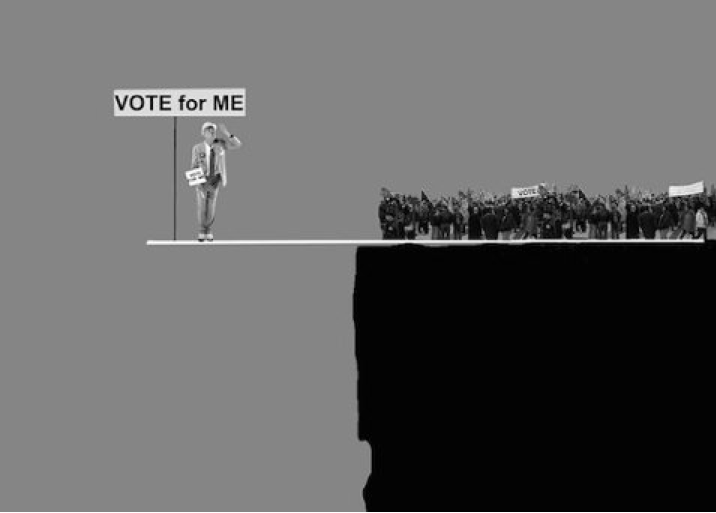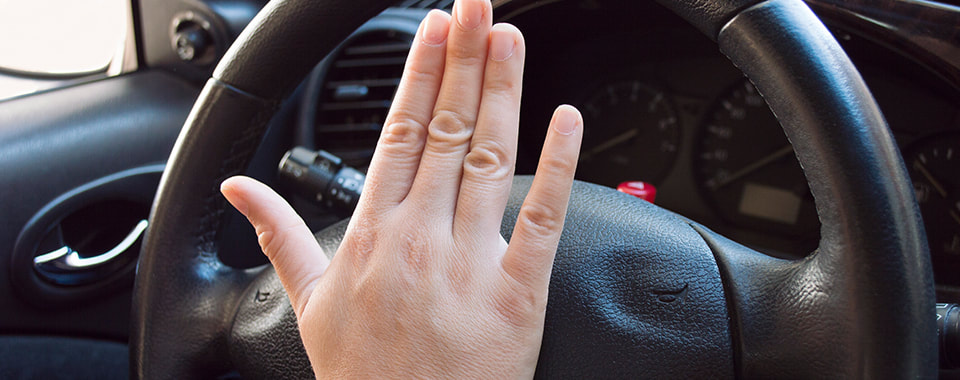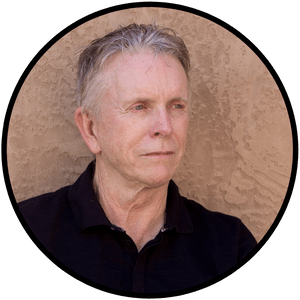|
In 2017, I began wondering how the new political norms in Washington would filter down to a public high school election, say, in 2025. I made middle-of-the-night notes. Then I put those notes into pages. Then I made the pages into a novel. Then I rewrote the story a half dozen times… until I began to see how it could all come true.
0 Comments
 Neither my wife nor I are psychologists, but on the subject of child and adolescent behavior, we have been middle-class parents for decades. We were determined, from our son’s and daughter’s first days of life, to be good and effective parents. Blogs and books told us to focus on love, perseverance, protection, discipline, communication, and lots more—so we did, year after year. Sometimes life went smoothly, other times were challenging. As a family, we always worked things out. Forty years ago, my wife and I and our two young children embarked on a three week trip to New Zealand. We rented a small camper van and drove everywhere, amazed not just by the number of sheep, forests, rivers and snow-crowned mountains, but the steady temperament of the population. The vibe was 1950s America and everyone was middle-class. The locals never seemed in a rush. No one got upset or angry. Copacetic was the status quo. The only person I heard ever using his horn—I swear this to be true—was me.
One bad night filled with unimaginably wretched feelings may amount to nothing in the morning, but one time it just might be enough to want to close your eyes for good... I’ve read several thoughtful pieces on the passing of Anthony Bourdain A sensitive, talented and self-doubting man complicated by addiction and depression, which he fought most of his life. As someone (and I don’t know how many other tens of millions) who deals with depression, I’d like to humbly add what life lessons Bourdain taught me.
|
MRF BlogMichael's thoughts on writing, politics and everything in between. Archives
November 2023
Categories
All
|
|
Michael R. French graduated from Stanford University where he was an English major, focusing on creative writing, and studied under Wallace Stegner. He received a Master's degree in journalism from Northwestern University. He later served in the United States Army before marrying Patricia Goodkind, an educator and entrepreneur, and starting a family.
|


